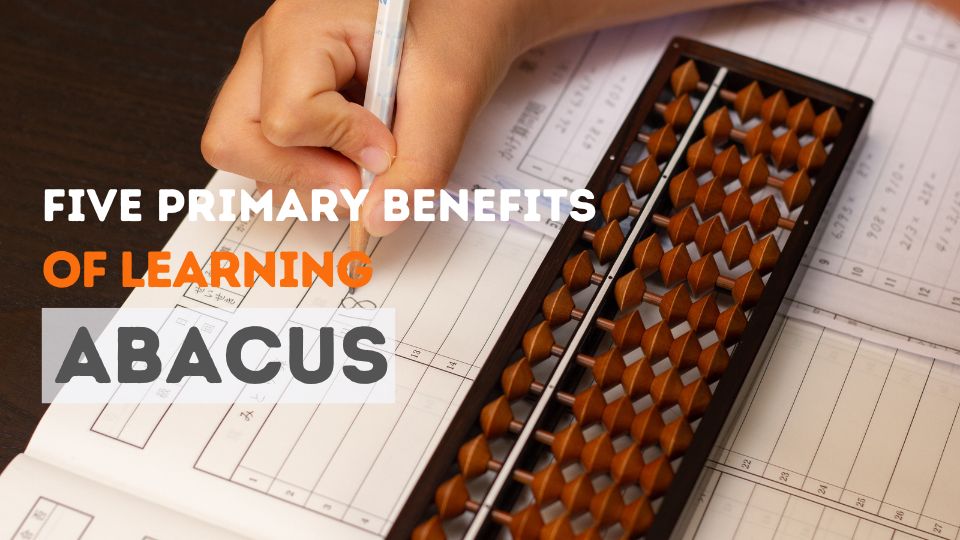The Importance of Learning Phonics for Early Age Students
As parents, one of the most essential gifts we can give our children is the ability to read and communicate effectively. In today’s world, where information and knowledge are key, the foundation of literacy opens doors to countless opportunities. The ability to read well not only paves the way for academic success but also fosters critical thinking, creativity, and self-expression.
One of the most effective ways to introduce young children to reading is through phonics. Phonics has been proven time and again to be one of the most efficient and systematic methods to teach early age students how to decode and comprehend written language. In this article, we will explore why phonics is crucial for young learners, the benefits it brings, and why it’s essential for parents to prioritize this method when starting their child’s reading journey.
What is Phonics?
Phonics is a teaching method that focuses on the relationship between the sounds of spoken language (phonemes) and the letters or groups of letters (graphemes) that represent those sounds in written language. Simply put, phonics helps children recognize how letters and sounds combine to form words, allowing them to “sound out” or decode unfamiliar words while reading.
For example, in the word cat, the child learns that:
- The letter C represents the sound /k/,
- The letter A represents the sound /a/,
- The letter T represents the sound /t/.
Once children understand this basic relationship, they can begin to read words by blending these sounds together. Phonics helps children move from recognizing single letters and sounds to reading full sentences and understanding the meaning of what they are reading.

Why is Phonics Important for Early Learners?
1. Building Strong Foundations
Just as a house requires a sturdy foundation to stand tall, children need a strong literacy foundation to succeed in their academic and personal lives. Phonics provides the basis for developing reading and writing skills. By learning the sounds that letters make and how they blend together, children gain the confidence to explore new words and texts.
2. Improved Reading Fluency
Children who are taught phonics at an early age typically develop better reading fluency. Fluency means the ability to read smoothly and accurately without pausing too much to sound out words. When children can read fluently, they are better able to focus on comprehension rather than struggling with individual words. Fluency lays the groundwork for children to become skilled and confident readers.
3. Enhanced Comprehension
Phonics goes beyond just decoding words. It helps children understand the structure of language, including syllables, rhymes, and sentence patterns. As they master phonics, children can tackle increasingly complex texts, enhancing their comprehension. Being able to understand what they read boosts their confidence and motivation to read more, creating a positive cycle of literacy growth.
4. Critical Thinking Skills
Phonics teaches children how to break down words into their component sounds and analyze how these sounds fit together. This process fosters critical thinking and problem-solving skills. For instance, when faced with an unfamiliar word, children can apply their knowledge of phonics to figure out how the word is pronounced and what it might mean.
5. Boosting Vocabulary
As children learn to read using phonics, they are exposed to a broader vocabulary. They encounter new words in books, stories, and other texts. Phonics helps children to connect the sounds they hear in everyday conversations with the words they see in print. A strong vocabulary enhances children’s communication skills, both in written and spoken form, setting them up for academic success.
6. Supporting Spelling
Phonics is not only beneficial for reading, but it also plays a key role in spelling. When children understand how sounds correspond to letters, they can apply that knowledge to spell words correctly. As they progress, they can spell more complex words by recognizing common patterns and rules in the English language.
7. Increasing Confidence
One of the most significant benefits of phonics is the confidence it instills in children. When young learners successfully decode and read new words, it gives them a sense of accomplishment. This newfound confidence encourages them to continue reading, exploring new books and stories, and expressing themselves more fluently.
8. Preparing for Lifelong Learning
Phonics gives children the tools they need to become independent readers and learners. By mastering the basics of language and literacy, they are prepared to tackle more advanced texts in the future. Whether in science, mathematics, or literature, reading is essential in every subject, and phonics helps lay the groundwork for success across the board.
Why Should Parents Focus on Phonics?
As a parent, you play a crucial role in your child’s education, and ensuring they start with the right literacy foundation is paramount. Phonics is not a “quick-fix” method—it’s a comprehensive approach that gradually builds the necessary skills for reading and writing. Here’s why parents should prioritize phonics for their early learners:
- Early Intervention Matters: Children who struggle with reading in the early years are likely to face challenges throughout their academic journey. Introducing phonics early helps prevent reading difficulties, allowing children to stay on track with their peers.
- Closing the Reading Gap: Phonics bridges the gap between spoken and written language, helping children from all backgrounds and learning abilities to succeed in reading. It provides a systematic way to understand language, ensuring that no child is left behind.
- Reading is the Foundation of All Learning: From math word problems to science textbooks, reading is a fundamental skill in every subject. By focusing on phonics, parents are giving their children a head start in every area of learning.
- Creating Lifelong Readers: Children who start with phonics are more likely to enjoy reading and become lifelong learners. Phonics makes reading fun and approachable, encouraging children to explore new stories, topics, and ideas.
- Strong Support System: When parents are actively involved in their child’s phonics education, it provides a strong support system. Practicing at home, encouraging daily reading, and engaging in phonics games or activities all reinforce what children learn in class.
The Benefits of Mastering Phonics
The benefits of learning phonics at an early age extend far beyond the classroom. Children who master phonics develop essential life skills, including:
- Self-confidence: The ability to read and comprehend new information gives children a sense of accomplishment and confidence in their abilities.
- Independence: Phonics encourages independent reading, allowing children to explore new books and topics on their own.
- Curiosity: Phonics fosters a love for learning by making reading accessible and enjoyable, sparking curiosity in various subjects.
- Problem-solving: Phonics teaches children to approach unfamiliar words and sentences with a problem-solving mindset, boosting their analytical skills.
Augment Edutech: Your Partner in Phonics Learning
At Augment Edutech, we understand the vital role that phonics plays in a child’s early literacy development. Our phonics classes are specially designed to provide young learners with a solid foundation in reading and writing. With highly qualified, experienced, and certified phonics coaches, we focus on creating an engaging and supportive environment for children to explore the world of language.
Here’s what makes our phonics program stand out:
- Interactive Learning: We use a variety of interactive tools, games, and activities to make phonics learning fun and engaging for young learners.
- Tailored Curriculum: Our phonics program is designed to meet the specific needs of each child, ensuring that they progress at their own pace while mastering essential literacy skills.
- Qualified Instructors: Our coaches bring years of experience and expertise in teaching phonics to children of all ages. They are passionate about helping every child succeed.
- Focus on Real-World Application: We don’t just teach children to read words on a page; we help them apply their phonics skills in everyday situations, making them confident and capable readers.
- Continuous Feedback and Support: We work closely with parents to provide regular feedback on their child’s progress, offering tips and activities to reinforce learning at home.
At Augment Edutech, we believe that every child deserves the best possible start in their reading journey. With our carefully crafted phonics program, we’re committed to ensuring that your child has the tools they need to become a confident, skilled, and enthusiastic reader.
Let’s give your child the gift of reading success! Enroll for our phonics classes and watch your child’s literacy skills flourish with Augment Edutech.
Book a free Phonics trial class today.
Learn more about learning Phonics at National Literacy Trust.




